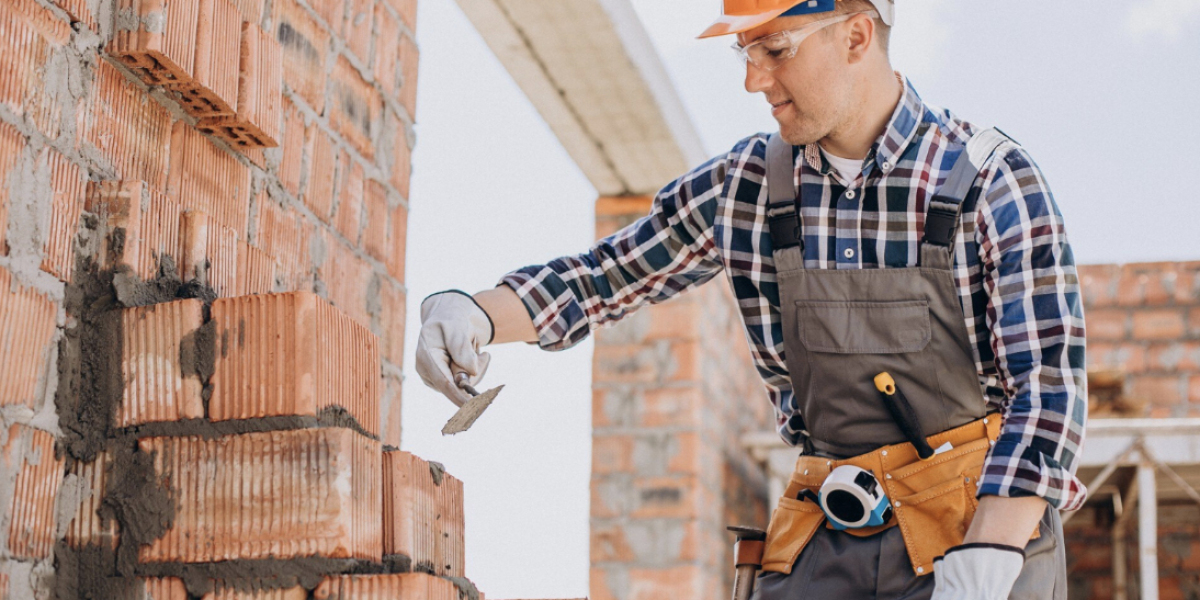Choosing the right foundation contractor can feel overwhelming. You need confidence that the team you hire has the skills, credentials, and honesty to protect your home’s backbone. Vetting contractors like a pro helps you avoid surprises, shoddy work, and costly repairs down the road.
In this guide, we’ll break down seven essential steps for evaluating potential foundation contractors. By following these tips, you’ll shortlist only the most qualified, reliable professionals. Whether you’re in the market for a minor crack repair or a full underpinning project, these strategies give you the knowledge to hire with confidence.
Research Credentials and Experience
Begin by examining each contractor’s years in business and project variety. A company that’s handled slab lifting, pier installations, and waterproofing across diverse soils has proven expertise. Check if they’ve worked on homes similar to yours, and ask for case studies or portfolios showcasing those successes.
Look specifically for a foundation contractor Tallahassee homeowners recommend. Local experience means familiarity with Florida’s clay soils and high humidity, which affect repair strategies. Teams rooted in your region are more likely to navigate permits and weather-related scheduling smoothly.
Finally, confirm ongoing training or certifications in modern repair methods. Contractors who invest in staff development—attending foundation repair seminars or earning credentials from professional bodies—demonstrate commitment to best practices and continuous improvement.
Check Licensing, Insurance, and Certifications
Verify that every bidder holds a valid state or county license for foundation repair. Licensed contractors comply with local building codes and inspection requirements, keeping your project above board. Always ask to see copies before signing any agreements.
State-issued foundation repair license
Liability insurance covering property damage
Workers’ compensation for on-site injuries
Certifications from trade associations (FPA, ICC)
EPA lead-safe certification for older homes
Insurance protects you from liability if accidents occur, and certifications signal specialized training. Proper documentation ensures you’re dealing with professionals who take legal and safety obligations seriously.
Evaluate Track Record and References
Ask for at least three references from recent projects that resemble yours. Contact homeowners directly, asking about project timelines, communication, and adherence to budgets. Honest feedback reveals how contractors handle unexpected challenges and change orders.
Online reviews on platforms like Google, Yelp, and Angie’s List offer additional insights. Look for consistent praise—or recurring complaints—about workmanship, punctuality, and cleanup. Pay attention to how contractors respond to negative reviews: professionalism in public comments often translates to integrity on the job.
Don’t overlook social media testimonials or local community boards. A strong track record in your neighborhood builds trust. When many neighbors recommend the same contractor, it’s a good sign you’ll receive reliable, high-quality service.
Transparent Pricing and Detailed Contracts
Secured bids hinge on clear, itemized estimates that break down every cost. A vague lump-sum figure invites hidden fees later on. Detailed pricing helps you compare multiple quotes fairly and prevents unpleasant budget surprises as work progresses.
Labor costs by phase (excavation, piering, leveling)
Material line items (steel piers, grout, sealants)
Permit and inspection fees included
Cleanup and landscaping restoration charges
Warranty coverage and any exclusion clauses
Payment schedule tied to project milestones
A thorough contract outlines project scope, start and end dates, and change-order procedures. When payment terms, warranty details, and responsibilities are crystal clear, you set a solid foundation for a smooth project.
Assess Technical Expertise and Technology Use
Top contractors leverage modern tools for precision and efficiency. Laser-leveling equipment measures slab elevation shifts by millimeters, ensuring accurate repairs. Soil-moisture probes detect problematic wet spots before they compromise concrete. These technologies reduce guesswork and speed up the process.
Ask about specific repair methods they specialize in: helical piers, steel push piers, carbon-fiber wall straps, or polyurethane foam injection. Each technique has strengths in various scenarios. A versatile contractor tailor-matches methods to your home’s needs, soil conditions, and budget goals.
Inquire if they integrate digital project management or remote monitoring. Some firms provide dashboards tracking sensor data or pier load readings in real time. That transparency lets you monitor progress and performance long after crews have left the property.
Warranties, Guarantees, and Follow-Up Support
Solid warranties demonstrate faith in workmanship and materials. Seek lifetime coverage on pier installations and multi-year guarantees for waterproofing systems. Written warranties should outline repair scopes, claim processes, and any maintenance requirements.
Lifetime structural warranties on piers
Five- to ten-year waterproofing guarantees
Defined process for filing warranty claims
Scheduled post-repair inspections included
Transferable warranties for future homebuyers
Exclusion details clearly spelled out
Contractors who offer follow-up support and scheduled checkups show long-term commitment. Regular inspections help catch minor shifts before they escalate. This proactive approach protects your investment and maintains your home’s structural integrity over time.
Communication, Professionalism, and Safety Standards
Gauge responsiveness from the first phone call or email. Prompt replies, clear explanations, and detailed proposals reflect a respectful, professional team. Onsite, crews should arrive punctually in branded vehicles, wearing uniforms and proper PPE—signs of organized operations.
Discuss safety protocols: trench shoring, dust control, and secure work zones. A contractor that prioritizes OSHA compliance and site cleanup values your family’s health and comfort. Ask how they manage noise, debris, and traffic flow during excavation and repair.
Transparent communication means regular updates throughout the project. Whether via site visits, phone check-ins, or digital reports, contractors who keep you informed reduce stress and prevent misunderstandings. Professionalism from kickoff to final walkthrough ensures a seamless experience.
Conclusion
Vetting a foundation contractor like a pro boils down to diligent research, clear communication, and attention to credentials. Prioritize experience, transparent pricing, strong warranties, and modern technology use. Don’t overlook local reputation—choosing a trusted foundation contractor Tallahassee recommends can simplify permits and adapt repairs to regional soil quirks.
Remember to verify licensing, insurance, and trade certifications before any work begins. Compare detailed estimates side by side, check references thoroughly, and demand robust warranties. Finally, select a team that communicates openly, maintains tidy worksites, and follows strict safety protocols. With these seven qualities, you’ll secure a solid partner to protect your home’s foundation for years to come.







